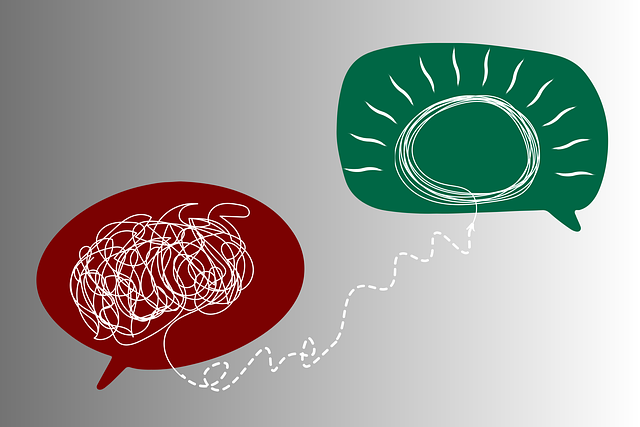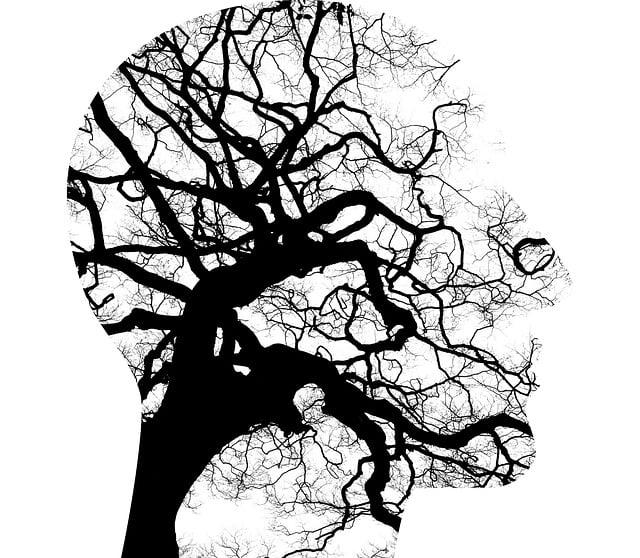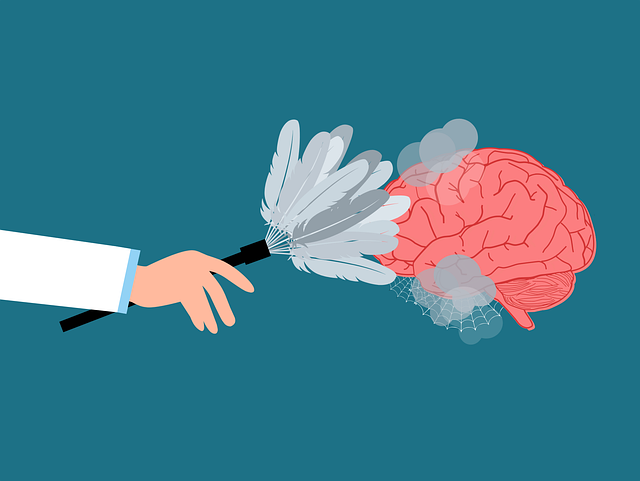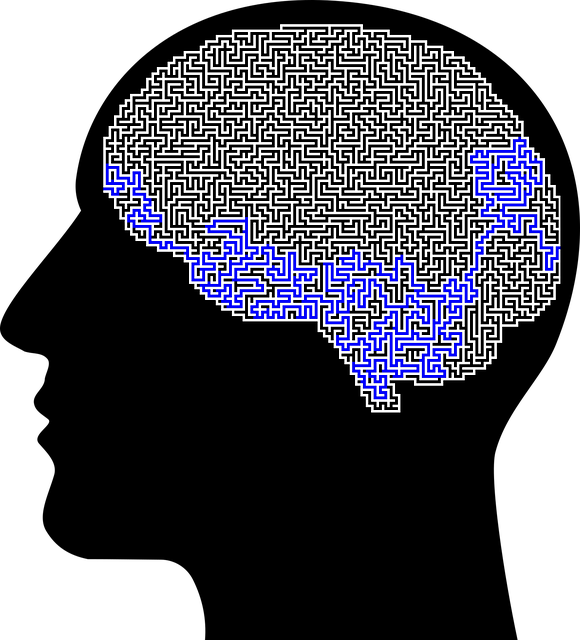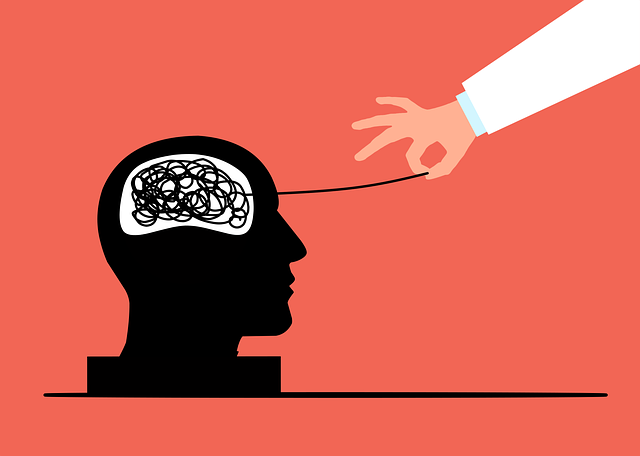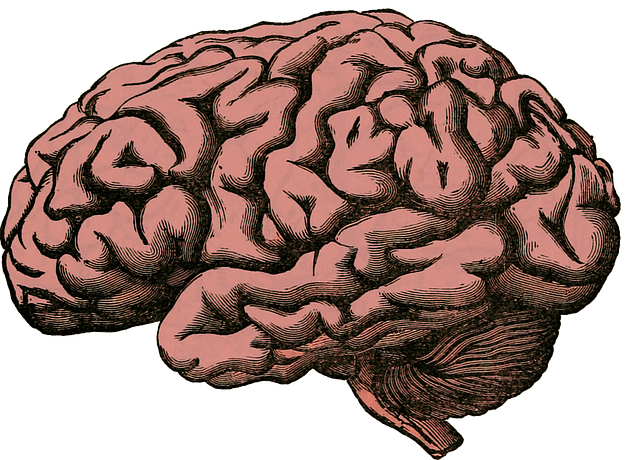Greenwood Village Women's Issues Therapy (GVWIT) emphasizes cultural sensitivity as a core principle, ensuring therapists understand and respect their clients' diverse cultural contexts for effective mental healthcare. Through tailored strategies like Empathy Building and Social Skills Training, GVWIT addresses language differences and historical trust issues, fostering inclusive environments and strong therapist-client relationships. Their holistic approach, incorporating compassion cultivation and stress management workshops, enhances treatment outcomes by customizing care plans to each woman's unique cultural background and challenges.
In the diverse landscape of mental healthcare, cultural sensitivity is a vital cornerstone for effective therapy. The Greenwood Village Women’s Issues Therapy Approach exemplifies this, embracing diversity and tailoring treatments to respect individual cultural needs. This article delves into strategies for identifying and overcoming cultural barriers, customizing treatment plans, and building trust through cultural competence. By exploring these key aspects, we aim to enhance the healing process, reflecting the importance of cultural sensitivity in mental healthcare practices, including Greenwood Village Womens Issues Therapy.
- Understanding Cultural Sensitivity: A Cornerstone of Effective Therapy
- The Greenwood Village Women's Issues Therapy Approach: Embracing Diversity
- Identifying and Overcoming Cultural Barriers in Mental Healthcare
- Customizing Treatment Plans to Respect Individual Cultural Needs
- Building Trust and Fostering Healing Through Cultural Competence
Understanding Cultural Sensitivity: A Cornerstone of Effective Therapy

Cultural sensitivity is a cornerstone of effective therapy, especially when addressing women’s issues in Greenwood Village or any diverse community. It involves recognizing and respecting the cultural contexts, beliefs, and practices that shape an individual’s mental health experiences and expressions. Therapists must be adept at navigating these complexities to offer culturally competent care. By understanding the unique social and cultural determinants of mental health, therapists can create a safe and supportive environment for their clients.
This sensitivity is crucial in promoting equitable access to quality mental healthcare services. It involves not only being aware of different cultural norms but also adapting therapeutic approaches accordingly. For instance, incorporating elements from the client’s cultural tradition into therapy sessions or ensuring that language barriers are addressed through translation services can significantly enhance treatment outcomes. Moreover, mental health professionals should be engaged in continuous learning through programs focused on cultural sensitivity, such as designing mental wellness coaching initiatives or advocating for policy analyses that support diverse communities.
The Greenwood Village Women's Issues Therapy Approach: Embracing Diversity

The Greenwood Village Women’s Issues Therapy (GVWIT) Approach emphasizes embracing and celebrating diversity in all its forms. This innovative therapy model recognizes that every woman brings unique experiences, cultural backgrounds, and challenges to the therapeutic setting. By acknowledging this diversity, GVWIT creates a safe and supportive environment where women can explore and heal from their issues without fear of judgment or stereotyping. The approach prioritizes understanding and incorporating each individual’s cultural context into the therapy process, fostering a deeper connection and more effective treatment.
Through compassion cultivation practices and stress management workshops organized within the GVWIT framework, women are equipped with tools to build inner strength and navigate life’s complexities. These initiatives not only promote mental well-being but also empower women to become agents of positive change in their lives and communities. By embracing a culturally sensitive approach, Greenwood Village Women’s Issues Therapy ensures that every woman receives tailored support that addresses her specific needs, ultimately enhancing the effectiveness of mental healthcare services.
Identifying and Overcoming Cultural Barriers in Mental Healthcare

In navigating the diverse landscape of mental healthcare, identifying and overcoming cultural barriers is paramount to ensuring effective treatment. Many individuals from various ethnic, racial, or cultural backgrounds face unique challenges that can hinder their journey towards healing. For instance, language differences, different conceptualizations of mental health, and trust issues rooted in historical injustices may create significant obstacles. At Greenwood Village Women’s Issues Therapy, we recognize these barriers and employ strategies such as Empathy Building Strategies and Social Skills Training to bridge the gap.
Our approach emphasizes strong communication, cultural competency training for therapists, and tailored interventions that respect and honor diverse beliefs and values. By fostering a safe, inclusive environment and promoting Mental Health Awareness, we aim to break down cultural barriers and provide compassionate care. This holistic strategy not only enhances therapeutic outcomes but also strengthens the bond between therapists and clients from diverse backgrounds.
Customizing Treatment Plans to Respect Individual Cultural Needs

In the realm of mental healthcare, cultural sensitivity is paramount to ensuring effective treatment and fostering trust between therapist and client. Customizing treatment plans to respect individual cultural needs is a cornerstone of inclusive care, particularly for diverse communities like those in Greenwood Village Womens Issues Therapy. Recognizing that every client enters therapy with their own unique cultural lens, therapists must adapt practices to honor these differences.
This involves not just understanding a client’s cultural background but also incorporating culturally relevant strategies for emotional regulation and coping skills development. For example, Mental Health Education Programs Design tailored to specific cultures can empower clients with knowledge about mental health within their own context. By integrating traditional healing methods and addressing intergenerational trauma, therapists create a safe space that resonates with the client’s experience, leading to better engagement and outcomes.
Building Trust and Fostering Healing Through Cultural Competence

In a diverse society like Greenwood Village, where women from various cultural backgrounds seek therapy at places like the Women’s Issues Therapy center, building trust is paramount for effective healing. Cultural competence acts as the bridge between client and therapist, fostering an environment of safety and understanding. By acknowledging and respecting individual cultural values, beliefs, and practices, mental healthcare professionals create a space where women feel seen, heard, and validated. This approach not only enhances therapeutic alliances but also enables more accurate assessments and tailored interventions.
For instance, implementation of a robust Community Outreach Program can introduce therapists to local cultural norms and traditions, enriching their practice. Equally important are initiatives that promote self-care practices sensitive to diverse populations. Crisis intervention guidance, too, must be informed by cultural awareness to ensure responses that are both effective and respectful. Through these efforts, mental healthcare in Greenwood Village moves towards becoming truly inclusive, empowering women from all backgrounds to embark on their journey towards healing.
Cultural sensitivity in mental healthcare is not just a preference, but an essential practice for providing effective treatment. As highlighted by the Greenwood Village Women’s Issues Therapy approach, embracing diversity and understanding cultural nuances can create a safe and supportive environment for clients. By identifying and overcoming barriers, therapists can customize treatment plans to respect individual cultural needs, fostering trust and healing. This holistic approach ensures that mental healthcare services are accessible and beneficial to all, reflecting the diverse communities we serve.

